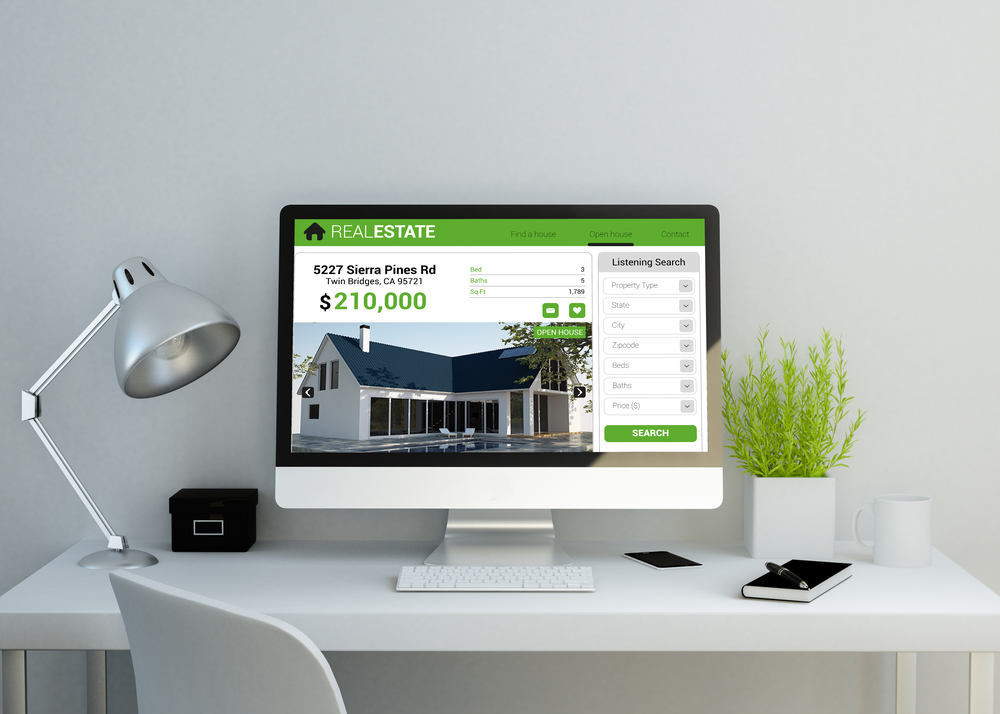As a property management company, having a website is crucial for attracting new clients and promoting your services. But simply having a website isn’t enough – you want to make sure that it ranks highly in search engine results so that potential clients can easily find you.
One important factor that impacts your website’s ranking is the use of keywords. In this blog post, we’ll delve into the role of keywords in Google’s ranking algorithm and provide tips for researching and selecting the right keywords for your property management website.
But first, let’s define exactly what we mean by “keywords”. Simply put, keywords are the terms that people use when searching for information online. These can be single words or phrases, and they help search engines understand the content of your website and how it relates to what users are searching for.
The Role of Keywords in Google’s Ranking Algorithm
- Keywords are used to analyze the content of each webpage and identify its relevance to a user’s search query.
- They also help Google understand how your website is structured and what topics it covers. This helps them determine which results should appear at the top of the page for each query.
For example: if someone searches for “property management services in Columbia SC,” then Google’s algorithm looks for websites that contain these keywords and related terms. The more popular the website, the higher it will rank in search engine results.
Researching and Selecting the Right Keywords
How do you make sure you’re using the right keywords on your property management website? The first step is to do your research. Identify the terms people use when searching for property management services in your area. You can use tools like Ahrefs, Google’s Keyword Planner, Ubersuggest, Semrush, or others to help with this process.
Tips for Choosing Keywords
- Choose keywords that are relevant to your business and the services you offer.
- Look for search terms with high volume (lots of searches) but low competition (not many other websites competing for those terms).
- Use long-tail keywords, three or more words in length; these tend to have lower competition and higher conversion rates.
These tips will give you the best chance of ranking highly for relevant keywords.
On-Page Optimization
Once you’ve identified your target keywords, it’s time to start optimizing your website for them. This process, known as on-page SEO, involves using your keywords effectively in the page titles, headings, and content of your website.
When it comes to keywords, the golden rule is moderation. Stuffing too many can actually have a negative effect on your ranking, so aim for an optimal keyword density of 1-2%. By incorporating your desired words into meaningful sentences in a natural way, you will be able to reap the benefits without compromising quality and readability.
Off-Page Optimization
In addition to on-page optimization, it’s also important to focus on off-page optimization. This refers to the factors that impact your website’s ranking outside of the actual content on your site. One important factor is the number and quality of backlinks pointing to your website. Backlinks are links from other sites that direct visitors towards yours and serve as a sign of approval for its content quality. The more votes of confidence in this form your site receives, the further up its ranking will likely go!
To earn backlinks, you can focus on promoting your website and creating high-quality content that other websites will want to link to. You can also try reaching out to websites in your industry and asking for a link. Just make sure to avoid any tactics that might be seen as spammy or unethical, as these can actually hurt your ranking.
Measuring and Tracking the Success of Your Keyword Strategy
Finally, it’s important to measure and track the success of your keyword strategy. Tools like Google Analytics and Search Console can help you track your ranking and traffic over time. By regularly monitoring your performance and adjusting your strategy as needed, you can ensure that your property management website is always optimized for the best possible ranking in Google’s search results.
In conclusion, keywords play a crucial role in Google’s ranking algorithm for property management websites. By researching and selecting the right keywords, optimizing your website for those keywords, and earning high-quality backlinks, you can improve your website’s ranking and attract more targeted traffic. Regularly tracking your performance and making adjustments as needed will help you stay competitive and ensure that your website is always performing at its best.
Contact us today if you are looking for help with optimizing your property management website. Our team of digital marketing experts has the skills and experience to get your site ranking on Google’s first page. With our expertise, you can earn more targeted traffic and inquiries quickly! Let’s get started!



















